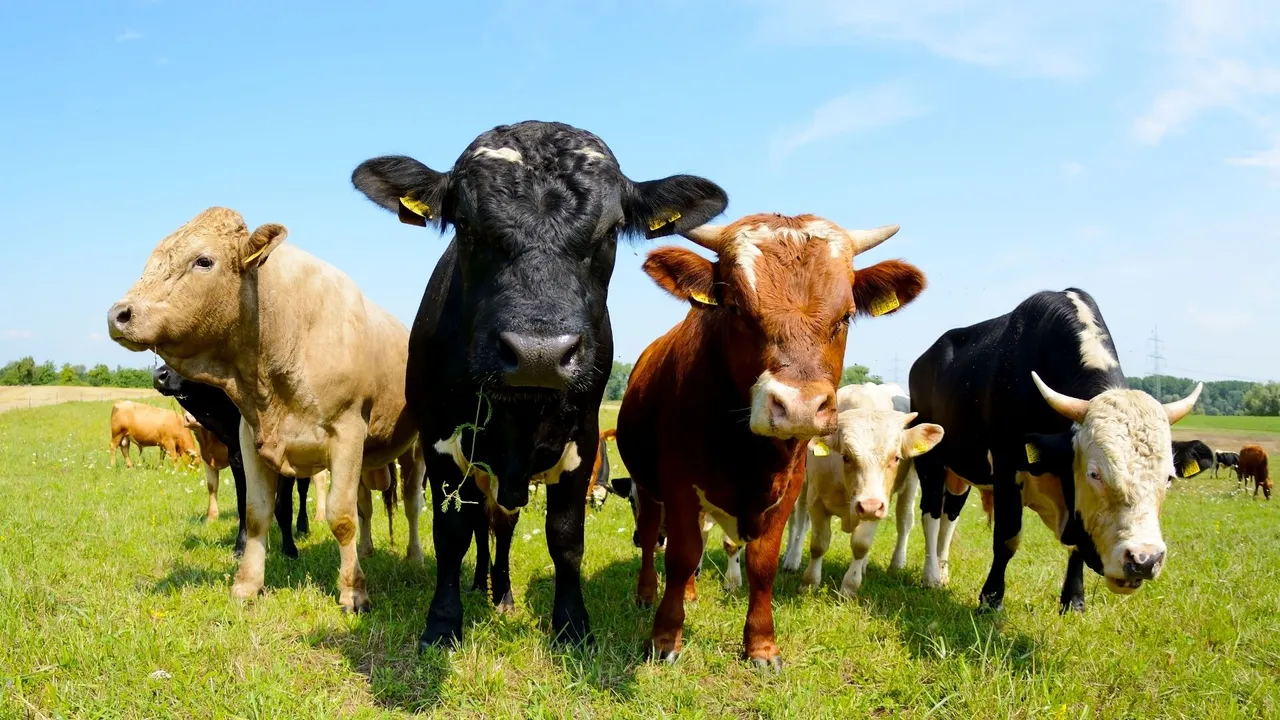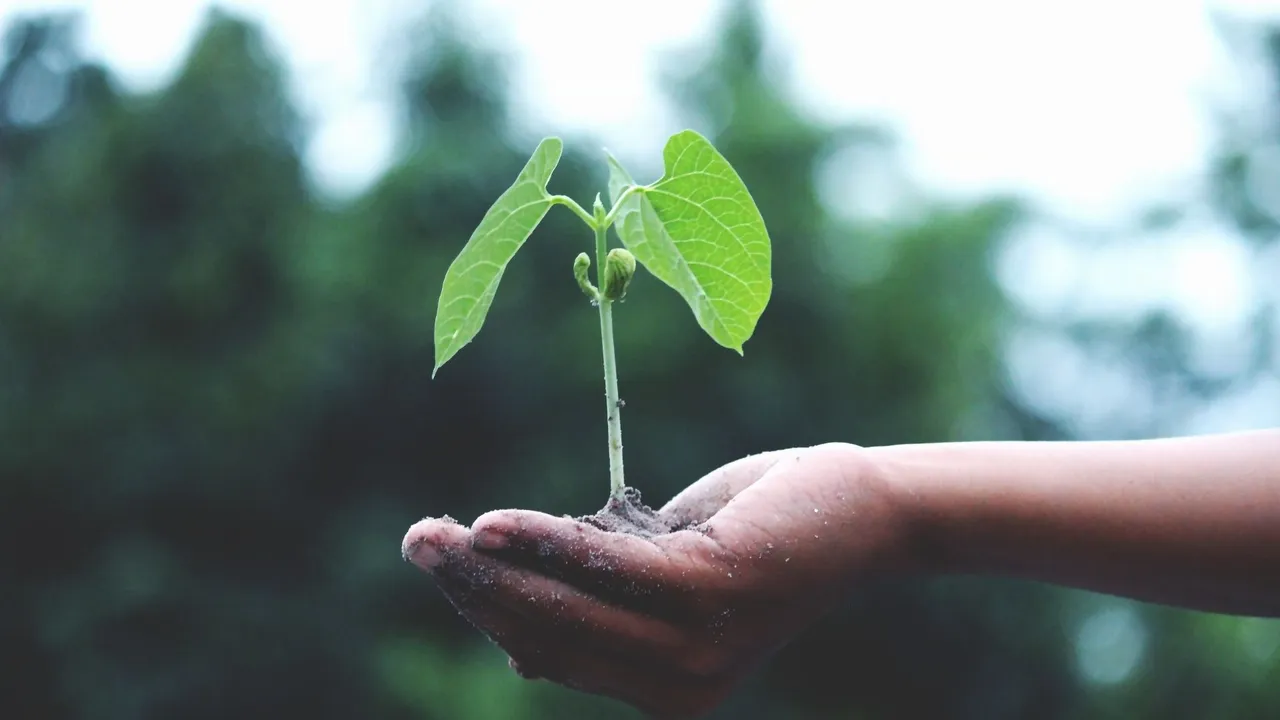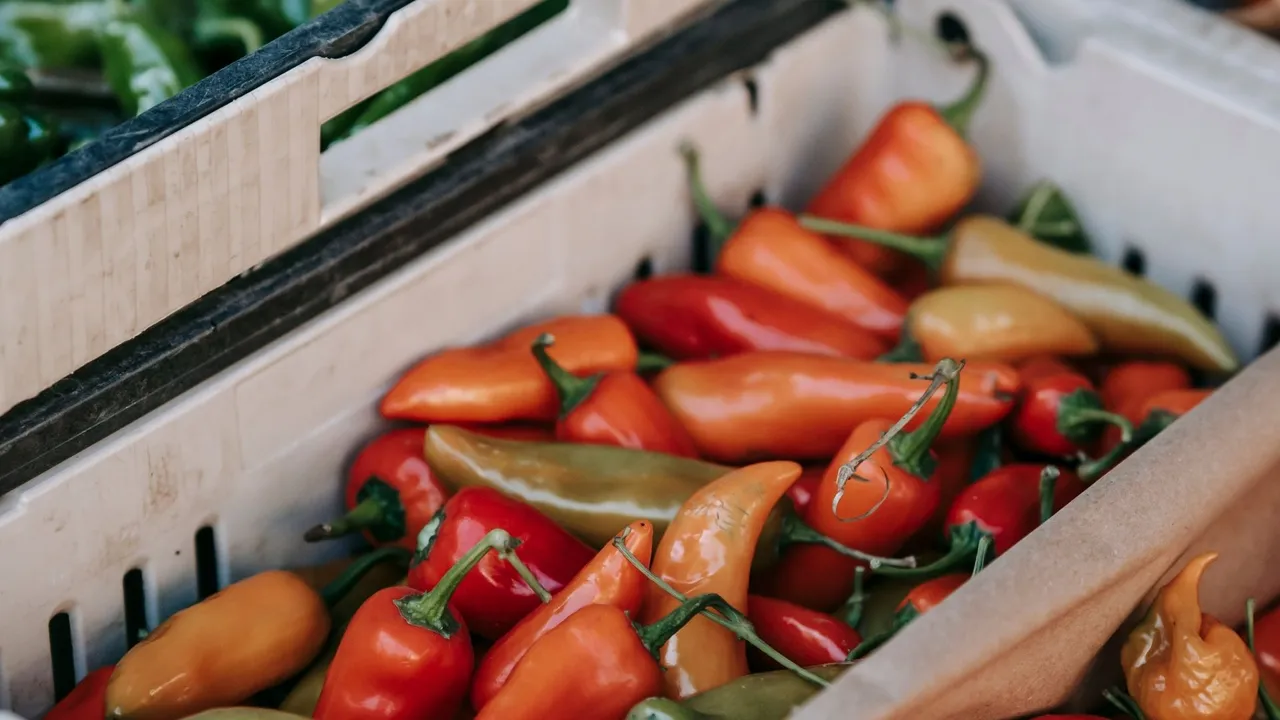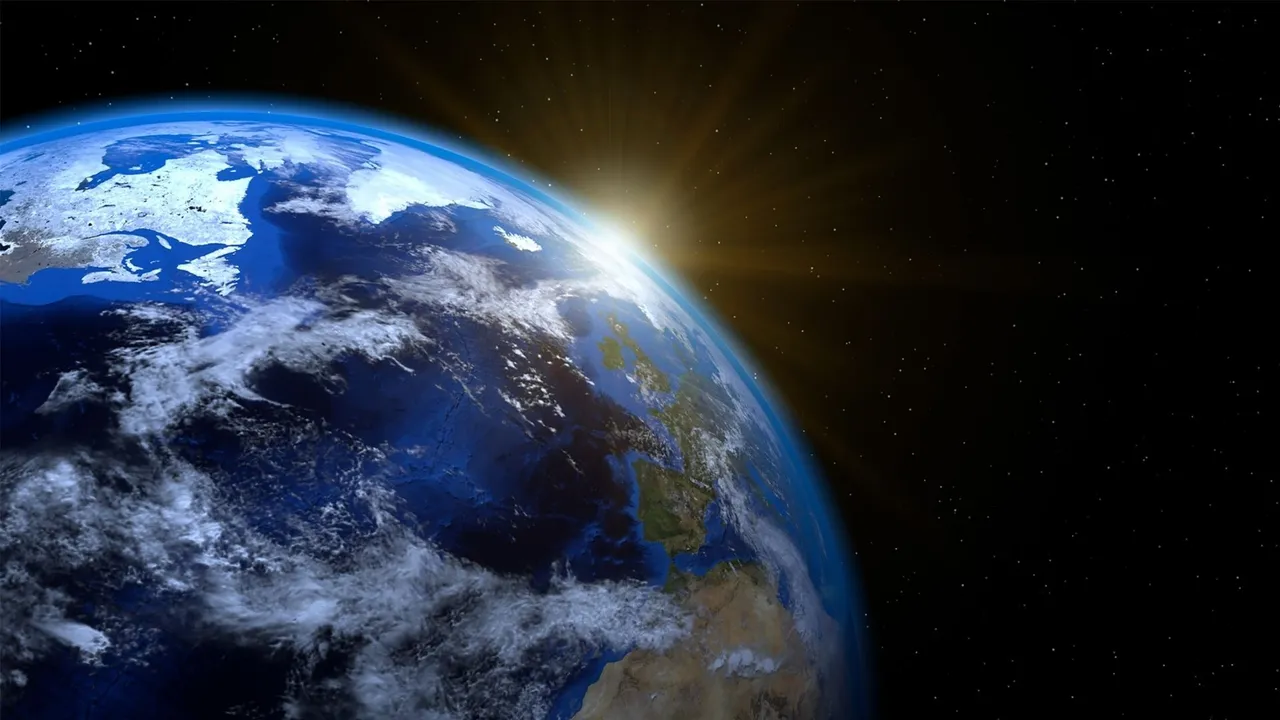I kinda hate vegetarians and vegans. But, I just might be joining their ranks. Or coming close to it.
You see, there are many reasons why people choose to be vegan (which I’ll use as shorthand for both vegetarians and vegans in this article).
For some, it’s an animal cruelty issue. I love animals, but I’m also aware that humans need to eat. I’m all for technological advances that support this, so I’m not inherently against factory farming from an animal cruelty standpoint. I’m fairly emotionally detached from how the food chain works. (I know... I'm a monster.)

Some choose to be vegan for the health benefits. This is my wheelhouse. This is what I’ve studied, and has been my career for a while. And again, I’m generally concerned with what is going to support optimum human health. And while the Standard American Diet falls far short of that, so too does the approach to plant based eating that many people choose. I’ll get in to that later. Suffice it to say, I believe that people need to eat more plants, and that animals are superior sources of protein. Protein is not unimportant. Nor do most vegans understand protein. That’s a whole. Fucking. Thing. On the internet. And it's a topic for another day.
Some choose to be vegan for environmental reasons. THESE are the issues that I personally find as most valid among reasons for people to choose to go plant exclusive with their diets. I have hesitated to embrace that line of reasoning because I’ve observed that most vegans don’t know what the fuck they’re talking about when it comes to environmental impact. To give an example, almond milk. The amount of water resources needed to produce almonds, then process them, and ship them to market uses a LOT of water and a lot of fuel. It’s not really superior to dairy milk in that regard. But holy shit. I think most vegans I know would spike a vein and mainline almond milk if they could while talking about how woke they are.
I digress. Back to the point. And the point is, it may be time for me to reassess how I eat and become more plant based (if not plant exclusive, I'm open to the idea).
Going Beyond Just Plant Based
The published research on the matter of environmental impact is pretty clear. Along a continuum that has lots of meat at one end and no meat on the other, the no meat side is GENERALLY better from a CO2 emissions and water consumption standpoint.

The research is also pretty clear that on a food by food basis, some crops are NOT environmentally friendly, like the almonds I mentioned above. This can tip one individual's vegan diet closer towards being not environmentally friendly depending on how many of those crops, or processed vegan foods they eat.
And that last paragraph is why I, while being concerned about the environment, have not considered veganism part of the solution. The capitalist food industry is NOT cleaner on the vegan side of the marketing spectrum.
Going Local.
One thing that I have long considered is that the environmental argument isn’t one of plants vs. animals, it’s one of local sourcing vs. industrial food production.
So, the solution should be simple, right? Eat only local crops and get your meat from a local farm. Except for the fact that Americans aren’t wired that way. We want what we want, when we want it. And if that means strawberries in the dead of winter in Maine, that’s what it means. And, I live in the desert so growing seasons are a bit finicky.
The other problem comes from the fact that there really is privilege involved in eating locally. Small farms have to be paid. And they don’t have the economy of scale that industrial farms do. So, you pay more. And you get what you pay for. But, not everyone can pay a premium on tomatoes. And not every city-dweller can get to a farm stand. So, I recognize privilege is at play.

So, again, I haven’t given much thought to taking action on the matter. I’m a solidly working class city dweller whose professional focus is on nutrients, period.
The Earth is on Fire.
I’m not a climate change denier. (If you are, then boy did you stumble upon the wrong account.) And I try to live a simple life partly in order to lessen my own environmental impact on the planet.
But I woke up this morning and checked the news and saw a headline that stated that the Amazon is now giving off more CO2 than it is absorbing. Too many acres are being burned away to make room to grow commodity crops like soybeans and shit. (checkmate, vegans? So environmentally friendly. Fuck.) And that seems to me like a devastating tipping point to have reached from a climate change standpoint.

So, considering that, I feel like I should do SOMETHING. And living simply as I do, my diet is really the main change that can be made. So I got to thinking, how CAN I eat more locally, while not breaking the bank?
Many people would say “Grow your own food.” And again, in a city, that’s tough. I’ve had container gardens on my balcony before. It’s a lot of work for a few salads worth of veggies. I live in the desert, so choosing the right native crops isn’t easy.
But I have a few ideas on how to move at least CLOSER to a local, native food based diet. Some of this involves foraging. Some of this involves growing. Some of it might involve hunting to get meat instead of buying meat. (Again, animal protein IS superior. Sorry vegans.) But learning those skills is also going to take time. And during that time, I may just end up eating only plants for a short period of time.
To Be Continued...
I’ll go ahead and blog my journey as it unfolds. I’ve coached nutrition long enough to know that any big change takes time. It takes learning new skills. And it takes building new meal prep and eating habits. It doesn’t happen overnight.
I’m fortunate that there are plenty of non-profit organizations dedicated to preserving traditional food production methods in my area. There’s a lot of cultural issues to explore on this part of the journey, and a lot of de-colonizing the pantry to do, so to speak.
First step is for me to find out what seeds to plant this time of year, and get that done. I live next to the public library, which also has a seed library including native seeds and lots of gardening information available. So, I have those resources at hand and I think that’s probably step 1. I’ll share that in my next blog on this topic.
Food independence is becoming more and more important from a social, economic, health, and environmental standpoint. Do you do anything out of the ordinary to ensure your food independence?
